Overcoming Your Fear of Rejection: 5 Things to Do If Your Mortgage Application Gets Denied.
It doesn’t happen all the time, but it does happen.
Being denied a mortgage application can feel like a major setback, especially when you’re excited about buying a home. The fear of rejection is real, and it's easy to feel overwhelmed or discouraged. However, getting denied for a mortgage isn’t the end of the world nor the end of your homeownership journey. With the right steps, you can turn this temporary setback into a learning experience and prepare for a successful application in the future.
Here are some practical steps to take if your mortgage application is denied:
1. Understand Why You Were Denied
The first step in overcoming a mortgage rejection is understanding why it happened. Lenders typically reject applications for several reasons, including a low credit score, insufficient income, high debt-to-income ratio, or problems with the property you wanted to purchase.
After receiving the rejection, your lender is required to provide a formal notice outlining the specific reasons for the denial. Use this information to gain insight into what went wrong. Whether it's related to your financial profile or something about the property itself, pinpointing the cause will give you a clear direction for improvement.
2. Improve Your Credit Score
One of the most common reasons for mortgage denial is a low credit score. Lenders use your credit score to assess your financial responsibility and your ability to repay a loan. If your score falls below their threshold, it can lead to rejection.
If your credit score is the issue, there are several ways to improve it:
Pay down existing debt: High levels of debt can negatively impact your credit score. Focus on paying down credit cards and loans to lower your overall debt load.
Avoid opening new lines of credit: Each new credit inquiry can temporarily lower your credit score. Keep your credit profile stable while you work on improving it.
Make all payments on time: Payment history is a crucial factor in your credit score. Ensuring you make timely payments can significantly boost your score over time.
Source: Barnett Associates
3. Adjust Your Budget
Sometimes, a mortgage rejection happens because your debt-to-income (DTI) ratio is too high. Lenders prefer borrowers whose monthly debt obligations (including the new mortgage) do not exceed a certain percentage of their income. If your DTI is high, you’ll need to adjust your budget and reduce debt to improve your chances of approval.
Here are a few strategies:
Cut unnecessary expenses: Review your monthly expenses and identify areas where you can cut back, whether it’s dining out, entertainment, or subscriptions.
Focus on saving: Build up a larger down payment. A bigger down payment can reduce the amount you need to borrow, which can improve your DTI and make you more appealing to lenders.
Pay off small loans: If you have smaller, high-interest loans, focus on paying them off to free up more of your income.
4. Explore Alternative Loan Options
If traditional lenders turn you down, that doesn’t mean all doors are closed. There are alternative loan options available for individuals with lower credit scores or financial challenges, such as:
FHA loans: These government-backed loans are designed to help individuals with less-than-perfect credit or smaller down payments qualify for a mortgage.
VA loans: Available to veterans and active-duty service members, these loans often come with more flexible qualification requirements.
Credit unions or smaller banks: Some local institutions may have more lenient lending requirements than large national banks.
5. Wait and Reapply
Patience is key when working to overcome a mortgage denial. Take time to improve your financial profile and meet the qualifications needed to get approved. This may involve waiting a few months or even a year, but by addressing the issues that caused the initial rejection, you'll improve your chances for future success.
Facing a mortgage rejection can be disheartening, but it doesn’t have to be the end of your journey toward homeownership. Remember, Brizzi Financial is here with you every step of the way! Please reach out to us if you’ve been denied in the past or if you have questions about qualifying for a home loan.


